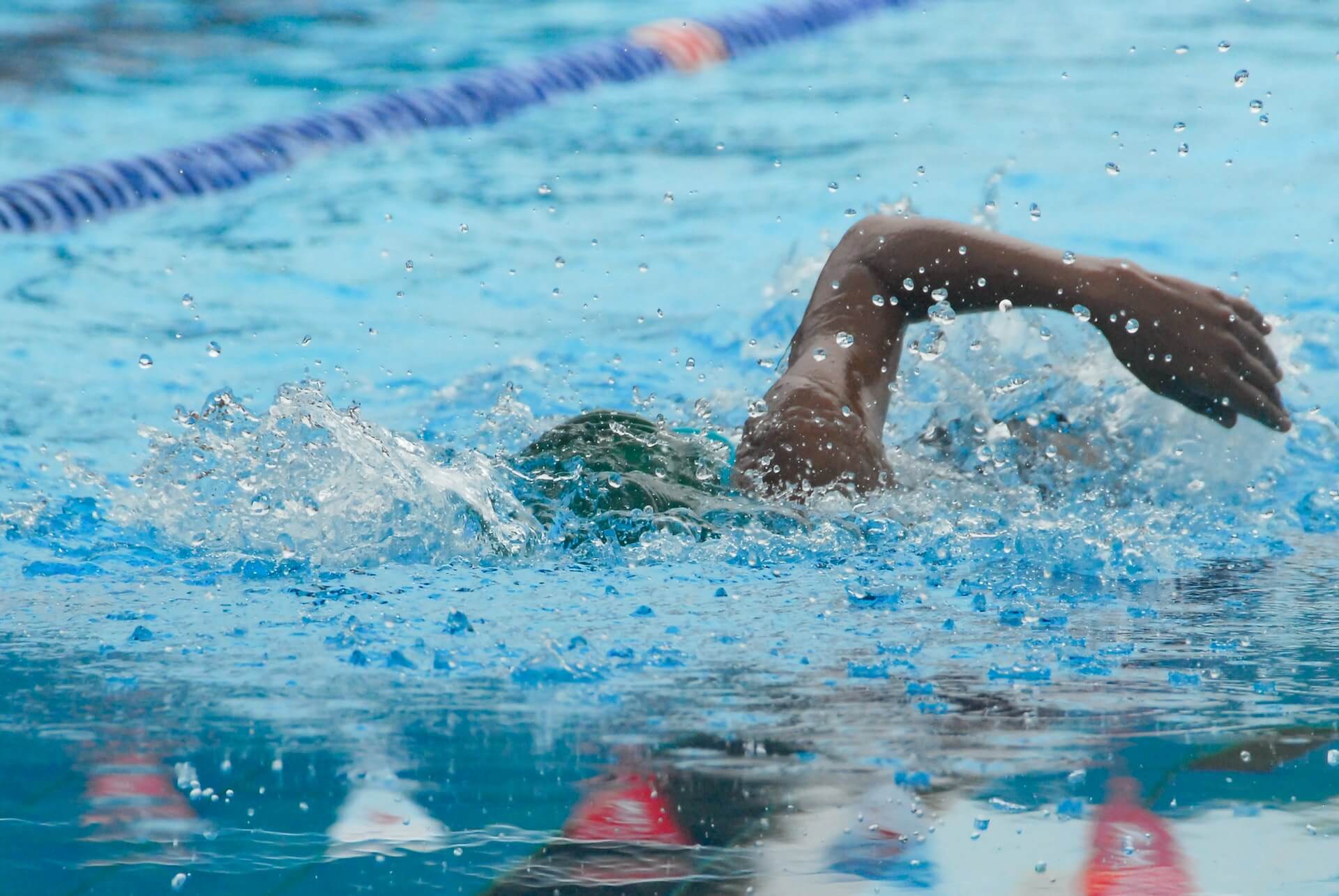Every dawn, while most of us are still nestled in the warm embrace of sleep, a dedicated group is already diving into the cool, crisp water of swimming pools across the world. These are our swimmers, diligently marking the start of their day long before the sun casts its first golden rays. If you’ve ever passed by a pool in the early morning hours, you may have wondered why they’re up at such an ungodly hour, tirelessly working their way through countless laps.

This isn’t just a habit, nor is it a masochistic love for the chill of the morning water. There is a unique blend of tradition, science, and sheer practicality that makes early morning the ideal training time for these aquatic athletes. In this article, we’ll explore the mystery behind the predawn ritual of swimmers.
Whether you’re a swimmer yourself, a curious onlooker, or perhaps considering adopting a similar routine, this exploration will shed light on why, for swimmers, the early bird doesn’t just get the worm – it gets the whole pool to itself.
Why do swimmers have to start training so early in the morning?
Swimmers often train early in the morning to maximize the usage of available facilities, to ensure they get consistent, uninterrupted training sessions, and to better manage the rest of their day. This practice also allows swimmers to start their day with a high-energy activity, which can have positive impacts on mood and overall alertness.
Is early morning training a tradition in swimming or is it backed by science?
While early morning training does have some tradition in the sport, there is also science to back it up. Training in the morning, after a period of fasting during sleep, may lead to improved fat burning, which can aid in weight management. Training first thing in the morning also ensures that swimmers have the energy to perform an intense training session. Moreover, early training can align with the body’s circadian rhythm, leading to better performance and recovery.
How does early morning training affect a swimmer’s daily schedule?
Early morning training significantly structures a swimmer’s daily schedule. After early sessions, swimmers have the rest of their day free for school, work, or other activities. This schedule also ensures that swimmers have ample time for recovery and rest, which are crucial for athletic performance. However, they may have to sleep earlier than their peers in preparation for the next day’s early swimming session.
How does early morning training impact the body’s metabolism and energy levels?
Training early in the morning can positively affect the body’s metabolism by increasing it early in the day, which can lead to better calorie burn throughout the day. As for energy levels, while it may be challenging to wake up early initially, over time, this schedule can lead to increased alertness and energy throughout the day.
Does the temperature of the water or environment affect why swimmers train early?
Yes and no. The colder morning temperature has no effect on the water in the swimming pool because it is temperature-controlled. The environment will be different in the morning because it will be mostly empty, allowing swimmers free reign to do their training with as little obstructions or distractions as possible.
Do all swimmers train early?
While early morning training is more common among professional and competitive swimmers due to their rigorous training schedules, many recreational swimmers also enjoy early morning swims. However, the extent of early morning training can vary greatly depending on the individual’s goals and commitments. Recreational swimmers with no competitive goals can swim whenever they want.
Are there any negative effects of early morning training for swimmers?
There can be potential negative effects of early morning training for swimmers. These may include challenges with getting enough sleep, especially for adolescents who naturally tend towards later sleep schedules. Additionally, if nutrition isn’t adequately managed, training on an empty stomach could lead to decreased performance. There may also be a negative impact on social life because swimmers need to sleep earlier and may miss out on social interactions because of it.
Can swimmers perform as well if they train later in the day?
Generally speaking, the later in the day a swimmer trains, the more their performance will suffer because they are getting more fatigued as the day goes on. That is why training first thing in the morning can offer the best training performance, and training right before bed is not a good idea. However, some swimmers who train two sessions a day find that they have better performance on the second session because they are “warmed up” from earlier. Individual experiences may vary.
How does early morning training affect a swimmer’s academic or work life?
Swimmers need to plan their training schedule around their academic and work schedule. Since training first thing in the morning is optimal, then they just need to train some time before going to class or work, which often results in the extremely early morning swim sessions that swimmers are notorious for.
Sources:

